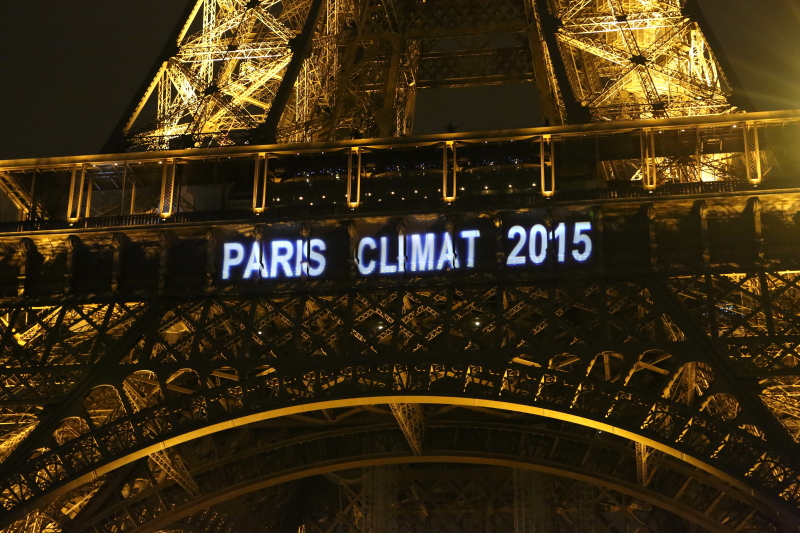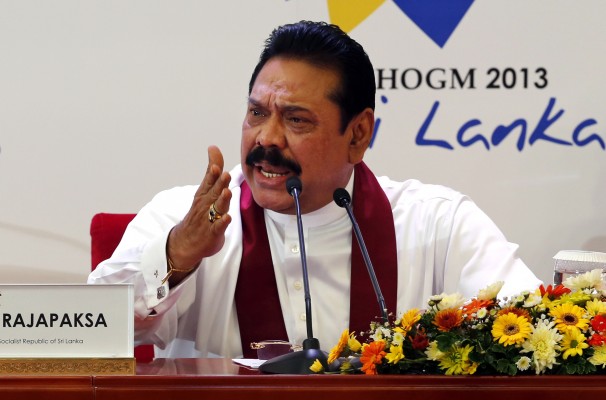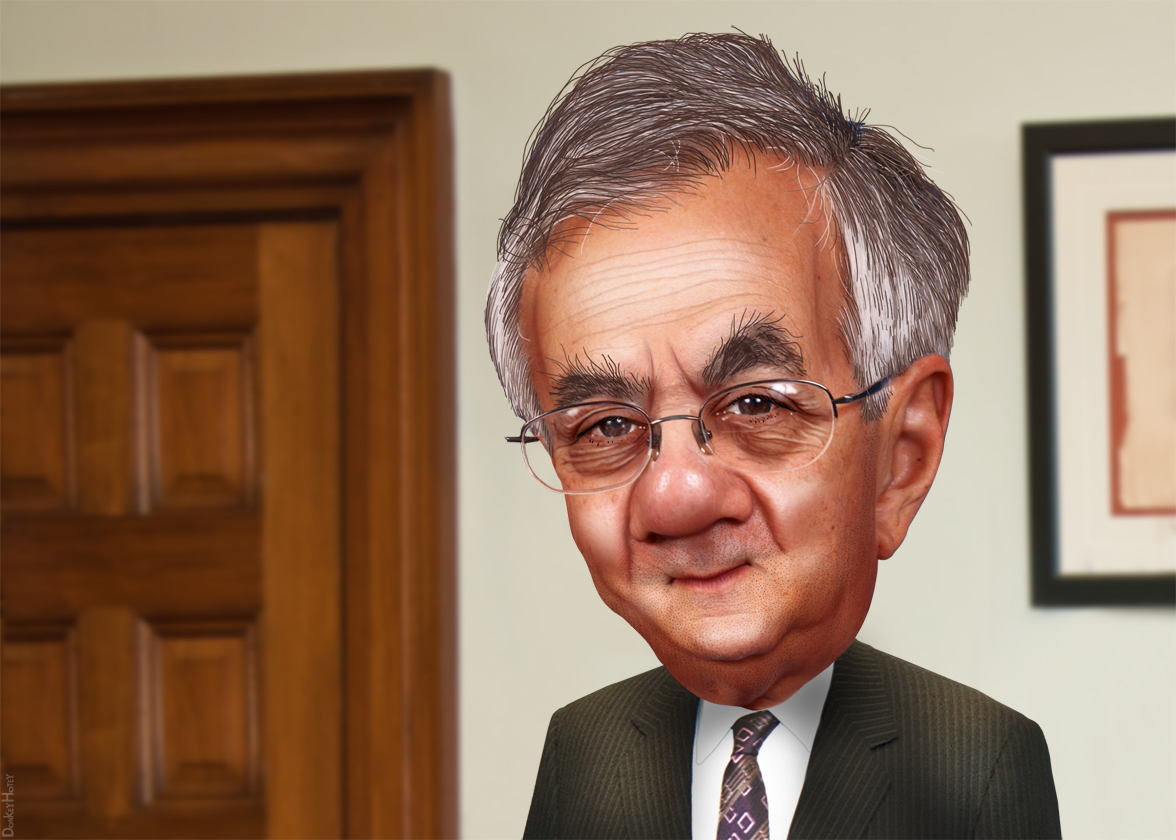Led by Justin Trudeau, on October 19 2015, the Liberal party of Canada won a majority government that swept that nation. One of Trudeau’s promises to constituents was to put Canada back into becoming a global leader at the UN climate change conference in Paris, also known as COP21. The Prime Minister called on Premiers across the country not facing an election to join him in the fight against climate change, stating that he would “be engaging with the premiers in the coming weeks to establish a strong position for Canada so that people know that Canada’s years of being a less-than-enthusiastic actor on the climate change file are behind us.”
Many environmentalists urged Prime Minister Trudeau to act quickly, take climate change seriously, and chart a different course from the previous Conservative government. These supporters include Paul Heinbecker, the man responsible for negotiating Canada’s targets on the world’s first climate change newly 20 years ago in Kyoto. While the international community negotiated reducing greenhouse gas emissions post-2020, the Conservative government set only cautious, moderate targets. In May 2015 however, the Harper administration did introduce an aggressive approach by cutting greenhouse gas emissions by 30 percent from 2005 levels by 2030. Nevertheless, environmental economist Mark Jaccard from Simon Fraser University suggests that the Harper targets are unattainable and too expensive.
The Trudeau government advised Canadians that Conservative targets will act as the “floor” going forward in implementing a new federal plan. Prime Minister Trudeau also suggests there can be no laggards in Canada’s new climate change strategy, urging Canadians to reduce their carbon footprint and aid Canada in its transition to a low-carbon economy. “People want to do more, but they want to know that what they do fits into a bigger picture, because there is no point in bending over backwards if your neighbor or your government is not also doing its part to ensure that we all have the maximal impact together,” Trudeau reinstated at the climate conference.
Under the Liberal government, provincial and territorial governments will have their own flexibility to execute and implement policies that would meet national targets. This includes provincial carbon pricing policies; the federal government’s responsibility would be to provide the necessary funds to help achieve these targets. The government is currently working in coordination with the provinces to unveil strategic plans and targets, and Prime Minister Trudeau vowed to commit an additional $2 billion Low Carbon Economy Trust. This would provide funding for projects that help reduce carbon emissions, and form part of the $20 billion dollars in green infrastructure investment slated for the next ten years.
As the highest emitter per capita due to their energy sector, Saskatchewan Premier Brad Wall has been the most vocal province in raising concerns. In a recent news conference, Premier Wall told reporters “we think what we’ve seen so far from Mr. Trudeau, there are not a lot of details, but so far his commitment that each province would be able to reach the national (emissions) targets on their own, using their own sort of equivalency, that’s positive. But I think the details are important, we want to protect Saskatchewan’s interests.” Premier Wall alludes to the fact that Saskatchewan’s economy has suffered due to the loss of 30,000 jobs in the last two or three quarters.
Mark Jaccard from Simon Fraser University believes that it would be relatively easy for the federal government to tackle climate change. The introduction of a cap and trade market system for carbon pricing, already apparent in Quebec and Ontario, would fit in with provincial flexibility requirements but require more time to implement in BC, Alberta and Saskatchewan. Nonetheless, the current government seems to be treading in the right direction to tackle the projected average global temperature pre-industrial increase of 2.7 Celsius by year 2100. Trudeau summed this up at the Paris Conference, stating that “Canada is back, my good friends. We’re here to help. To build an agreement that will do our children and our grandchildren proud.”
Image courtesy of WorldBulletin.net




